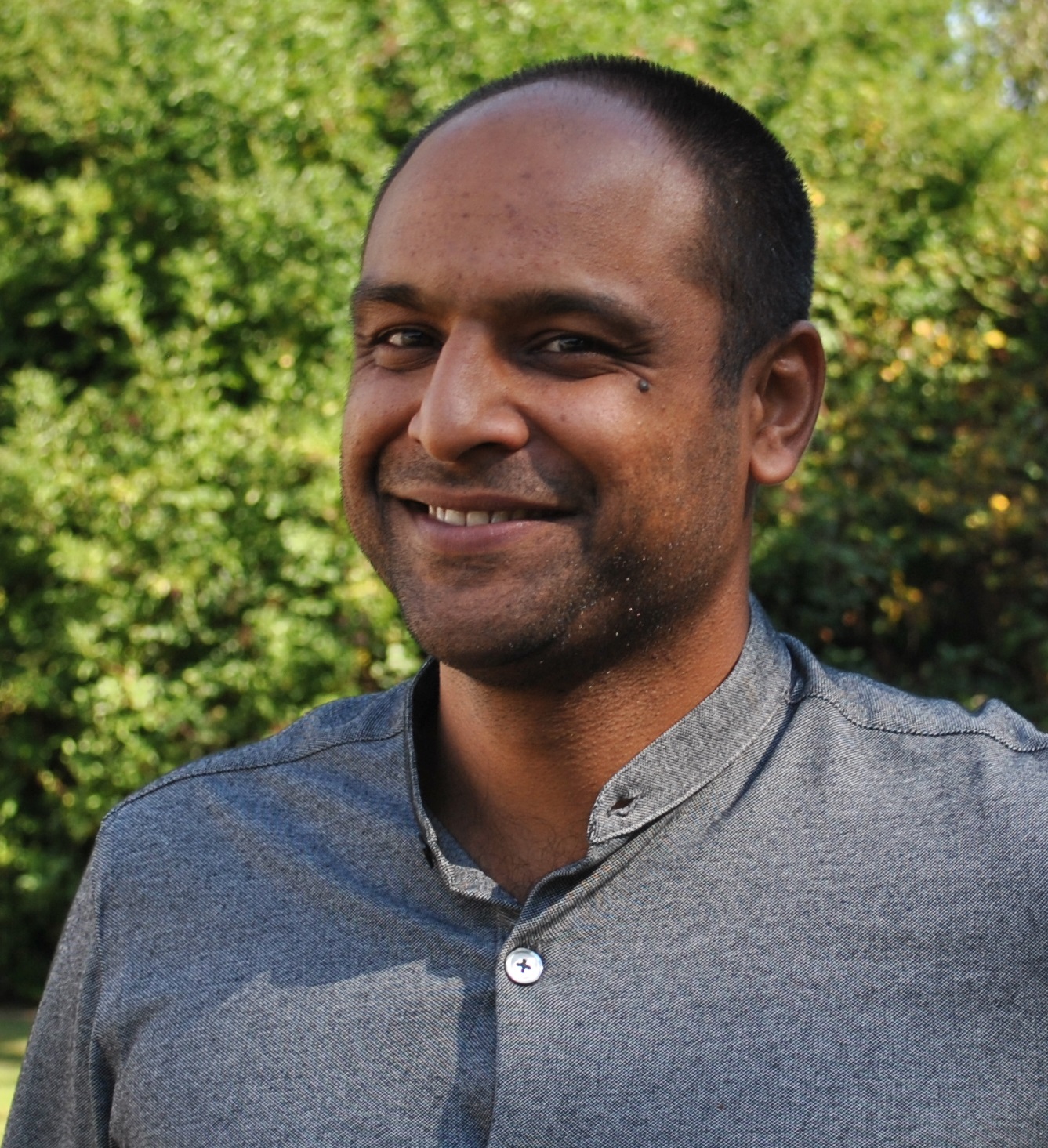Michelin Group is championing the sustainable extraction of natural rubber. The commitment of the tyre producer to transparency and better working conditions in the extraction of raw materials has already been demonstrated with the CASCADE (Committed Actions for Smallholders Capacity Development) project using Ksapa’s SUTTI solution.
Building-up from this previous experience, it is now time to scale-up these efforts to benefit a greater number of rubber outgrowers.
The RIVER (Rubber Improvement of Value chain & Embedded Smallholders Resilience) project thus targets 6,000 rubber farmers in using the latest technology and is aligned with Sri Lanka’s Ministry of Plantations’ priorities, as outlined in its “Sri Lanka Rubber Master Plan”. Education and training on rubber cultivation practices, farm diversification, and environmental footprint all have the aim of achieving long-term improvements in smallholders’ livelihoods and Sri Lanka’s rubber sector.
To foster economic cooperation between France and Sri Lanka, the project is financially supported by the French Ministry of Economy. Operationally, Ksapa is responsible for the design and management of this program supporting Sri Lankan smallholder farmers in rubber cultivation. The field implementation of the project – the delivery of training sessions to farmers – is undertaken by Michelin Group’s local subsidiary, Camso Loadstar.
Furthermore, this public-private partnership is supported by a multi-stakeholder coalition involving a club of partners brining diverse and complementary expertises such as agronomy, IT development, or impact measurement.
As project lead, Ksapa is responsible for animating and coordinating efforts of this coalition to make the best of the know-how and expertises available. In addition, to Michelin, Camso Loadstar, and the French Ministry of Economy, this club is composed of well-known organizations such as:
- Mazars – an audit company with expertise in impact measurement
- Cirad – the French agronomic research center
- Palo IT – a French IT development company
- DS Avocats – an international law firm
- BioGrow – a cocopeat substrates producing company
- Marcel Mézy – a French company providing organic soil solutions
- ISTOM – a French agronomic school
the challenge
The scope of the mission encompasses the provision of an integrated professional training solution, adapted to local context, smallholders’ constraints, and the scale of the project (6,000 farmers).
The priority objectives are as follows:
- Field analysis of farmers’ agronomic and socio-economic
- Implementation of a content adaptation process with our clients
- Adaptation of SUTTI mobile app to local context and farmers’ needs
- Capacity-building of trainers on agronomy, training techniques & application usage
OUR APPROACH
To achieve above objectives, we rely on a multi-stakeholder coalition of expert partners to:
- Conduct field studies among targeted populations on farmers’ current rubber practices and agronomic systems to identify priority training needs
- Define a co-design process for content development and adaptation to local context
- Design a “training of trainers” program from learning methodology to program management with the SUTTI app.
- Identify and explore possible synergies emerging from the partner coalition to provide additional support to Sri Lankan smallholder farmers and to Sri Lanka’s agricultural export sectors.
SUTTI’s approach, relying on a hybrid training model, also allows for greater cost efficiency compared to traditional field-only schemes. SUTTI programs thus have significantly lower costs allowed by leveraging digital to reach more beneficiaries and through economies of scale permitted by large scale deployment of programs (thousands VS hundreds).
RESULTS & NEXT STEPS
In the continuity of the CASCADE project, the RIVER project aims at fostering change at the first mile of the natural rubber supply chain. Scaling-up these efforts to 6,000 farmers will greatly contribute to improving Sri Lankan farmers’ livelihoods and resilience of the country’s rubber sector.
The upcoming next steps are:
- Operational implementation of the trainings to the farmers
- Measurement of the training program’s impact on farmers’ livelihoods
- Explore opportunities for replication and scaling-up in new cultivation areas


